Publishing Is Dead; Long Live Publishing
In reading this sentence, you pretty much just proved my point.
By Lauren Diethelm, University of California at Santa Cruz
When I settled on a literature major and a prospective career in publishing, every adult in my life starting reminding me that publishing is a dying industry—didn’t I know?
The damn internet is ruining the field completely, they’d informed me, and it would benefit me to consider other options; one of my aunts suggested something in a lab, like a pharmacist, instead. Sure, auntie, my ability to deconstruct literary theory and spot incorrect commas will make me a great candidate for pharmacy school.
What bothers me most about my family’s liberal arts phobia is not the utter lack of faith they have in my decisions (though it does rankle), but rather the total and collective surrender to the idea that digital media is destroying other kinds of media.
Even within our age group of internet lovers, I have so many lit major friends who hate Kindles with a fiery passion and refuse to use them, something I’ve never been quite able to understand. Yes, I love feeling the weight of a really satisfyingly fat novel, and I definitely have a thing for matte paperback covers, but I also will support e-books and online reading until the day I die.
Here’s why.
I’ve been reading avidly since I was old enough to do so. As a result, I now read pretty darn fast. My enhanced rate of consumption is great when I need to read several different novels a week for classes, but not as great when I’m trying to pack a bag for vacation that won’t break my back. One or two books is definitely not enough, but there are only so many novels you can bring before your duffel bag begins ripping open at the seams, and, as I’ve learned, airport staff generally frowns upon this.
My mother also tends to disapprove of over-stuffed book bags, especially because when I was younger, I would pack the books and then make her carry the tote. Unsurprisingly, she caved quickly. To avoid early paralysis, my mom bought me one of the earliest e-book iterations available, one that I think must have predated even the Kindle, and I’ve owned some form of digital book ever since.
There are no words to describe how freeing it was to liberate myself from the hardback calculations of my past. “How much down-time am I going to have to read? How many books could I finish in that time? Will I have the opportunity to go to a bookstore? Will anyone take me to a bookstore?”
As antisocial behaviors go, reading is generally the most acceptable one, so my introverted ass needs to consider these factors.
Another benefit of e-readers (specifically Kindles) is that they have internet access, which means the entire world of book selection is waiting at your fingertips. Like millions of other bibliophiles, I too read “Game of Thrones” on my vacation, only my arms didn’t fall off trying to hold up thousands of bound pages for hours on end. Though literary Luddites and I both read the same book, if the same people got paid to edit and market the novel, and George R.R. Martin still gets whatever schadenfreude he derives from murdering protagonists, what does it matter if I read mine digitally?
The same concept applies to newspaper and magazines. I know a lot of people (mainly in my parents’ age group) who are up in arms that newspapers like the “New York Times” and “Los Angeles Times” now require subscriptions to the online paper in order to bolster their dwindling print circulation. I’m unsure whether my parents’ grumpy indignation stems from having to pay for articles or from a nostalgia for print, but either way, they will often try to justify their surliness by reminding me that people lost their jobs as a result of the transition to digital media.
My question again though, is which people? As I earlier about “Game of Thrones,” almost all the same people are involved in writing, editing and organizing the paper, and the company is still making money through subscriptions.
In addition to retaining nearly their entire work force, online media also makes literature much more accessible.
You don’t have to pay to read every article on the “New York Times” website, and not everyone can afford the print version or wants the paper thrown onto their driveway every week (read: me. I don’t want that.) But I do want to read the news, and so do other people in my age group, and newspapers with an online presence allow us to do that. My Twitter feed is almost exclusively news outlets with links to articles I care about but can’t pay for, which means I’m reading the same articles that people who do pay for the printed paper are reading, and no one lost their job.
If anything, actually, this obsession with digital media is creating an entire area of the industry that millennials have almost an exclusive hold on: “Social Media Managers” are huge all of a sudden. The position’s rise in prominence stems from older generations thinking that the internet is a big maze that requires skillful navigation, which makes employers willing to pay web-savvy millennials to do the same things they’ve been doing since junior high.
Look: I’m a lit major. I’m editor in chief of a print journal. I practically read for a living. This is what I want to be doing for the rest of my life. And though you might think I’d be the last person to welcome the decline of print media, every day I find another reason to support digital lit. Ironically, my print journal has PDFs of our old issues online, which I recently found out allowed people in Boston to hear of us. (!!)
Despite everything though, I think it’s pretty easy to say that the best part of reading and writing is getting to engage with others, something that digital media has made incredibly easy. I’d say that if nothing else, that’s pretty great.


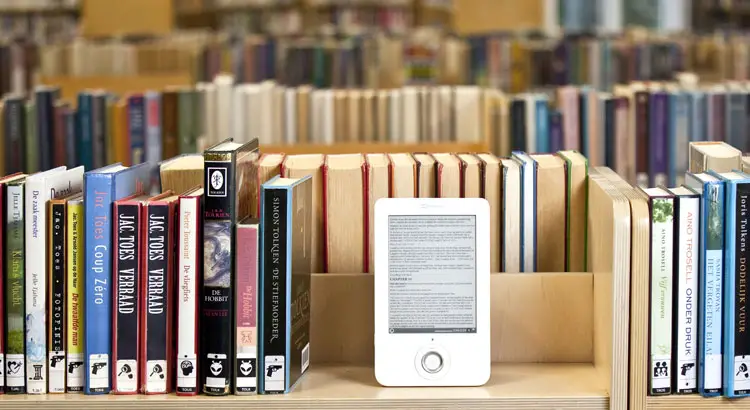

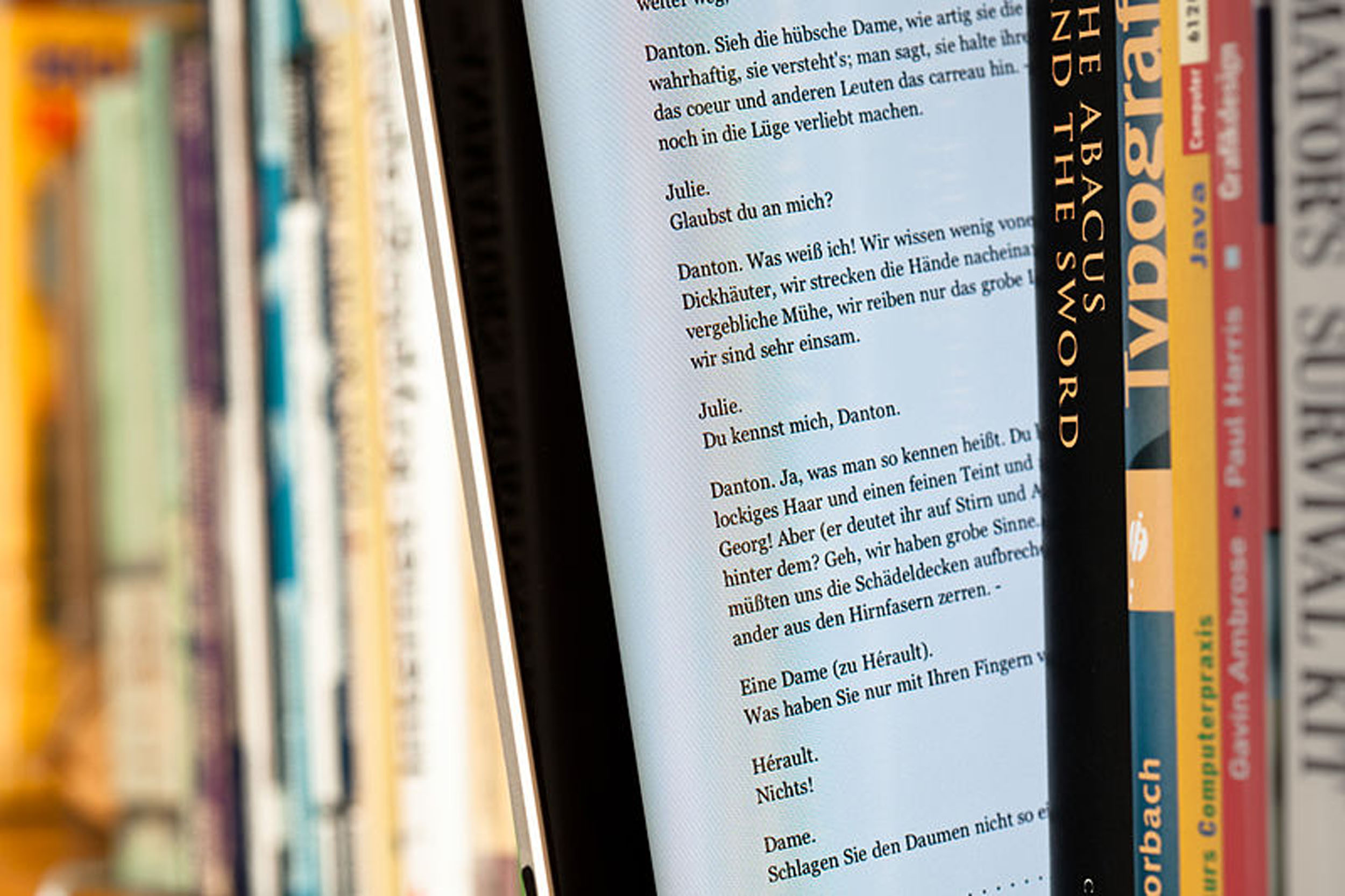

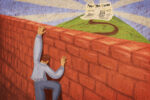
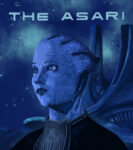



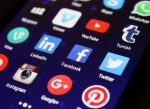







[…] Technology undoubtedly enables instant gratification. Inquiries can be answered within the time span of a few simple clicks, and skimming headlines seems more appealing than carefully flipping through the morning newspaper. […]